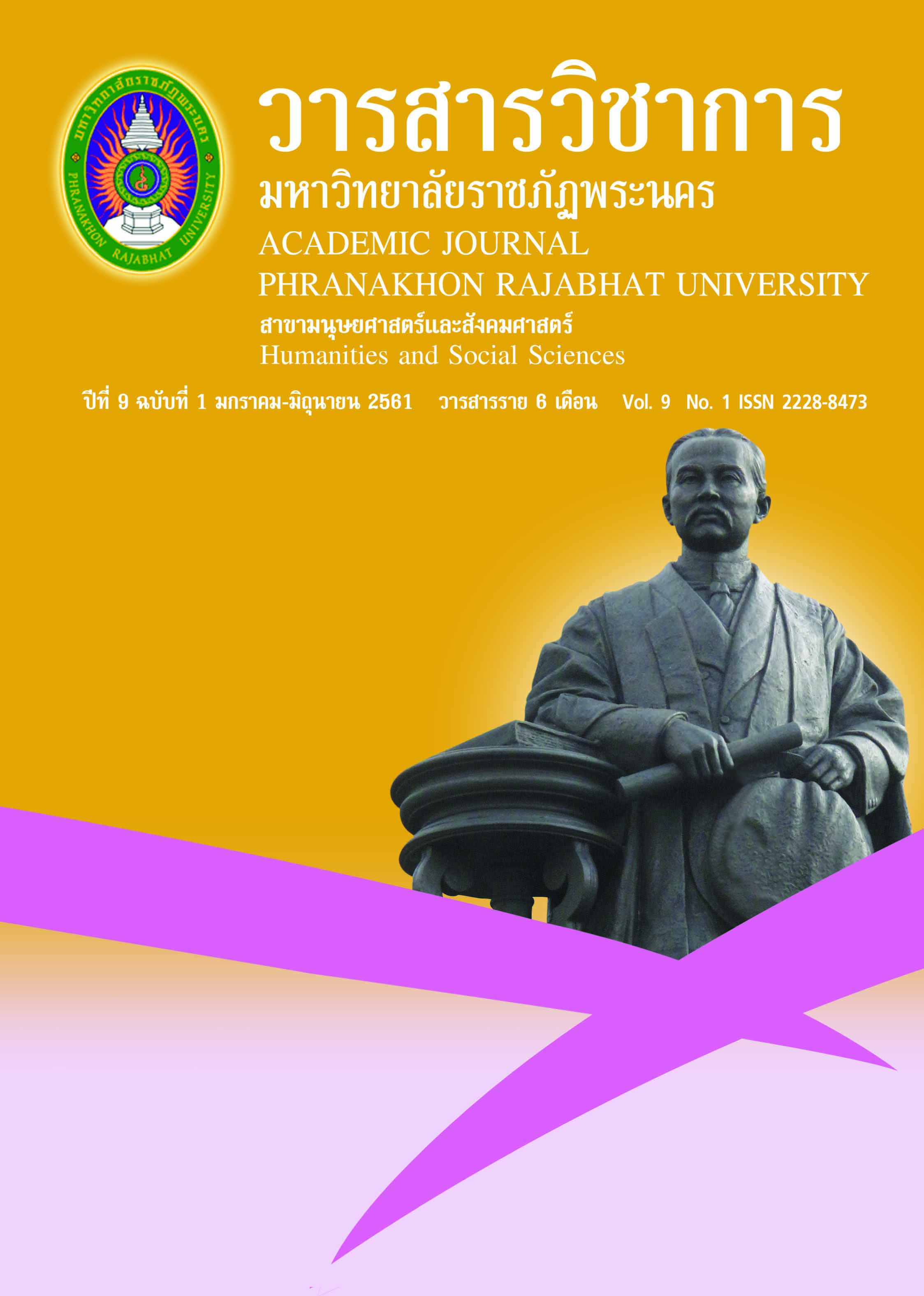THE DETERMINANTS OF OPERATIONAL RESEARCH COLLABORATION EFFECTIVENESS BETWEEN INDUSTRY AND ACADEMIA: THE CASE OF THE HARD DISK DRIVE INDUSTRY IN THAILAND
Keywords:
Research Collaboration, Industry and Academia CollaborationAbstract
Even though the issue of Inter-organization collaboration has been explored and revealed in various forms, these studies have not covered the different contexts and forms of collaboration specific to operational research collaboration between industry and academia in Thailand. Therefore, it is needed to consider these phenomena in the context of Thailand. The objectives this dissertation intends to explore the key determinants of effective operational research collaboration between industry and academia: The case of the Hard Disk Drive industry in Thailand. A qualitative approach was adopted by the researcher. The sources of data in this study are related documents and in-depth interviews from key informants that have direct
experience with operational research collaboration between industry and academia within the case of the Hard Disk Drive industry in Thailand demonstrated at Western Digital (Thailand), BangPa-In factory. The findings of the dissertation suggest that the key determinants affecting the operational research collaboration effectiveness between the HDD Industry and academia are as follows: 1) clear scope, goals and objectives, 2) strong commitment of leadership, 3) trust among stakeholders, 4) communication, 5) win-win situation (mutual benefits), 6) characteristic of key stakeholders, and 7) resources. Understanding the key determinants will further explain the inter-organizational relations theory within different contexts, and contribute to the practical perspectives, for enhancing the collaboration effectiveness between industry and academia, that it’s a major trend in the context of Thailand.
References
Galaskiewicz, J. (1985). Inter-organizational relations. Annual Review of Sociology, 11, 281-304.
Geisler, E., Furino, A., & Kiresuk, T. J., (1990). Factors In the success or failure of industry-university
cooperative research centers. Interfaces. 20(6), 99-109.
Joe Bunya. (2013). Senior Vice President of Western Digital. Interview on December 18, 2013.
Lakpetch, P. (2009). Knowledge transfer effectiveness of university-industry alliances. Doctoral dissertation, in Development Administration, National Institute of Development Administration. (in Thai)
Miles, M.B., & Huberman, A.M. (1994). Qualitative data analysis: an expanded sourcebook 2nd edition. Thousand Oaks, CA : Sage Publications.
Ministry of Science and Technology (MOST). (2015). The Cabinet approves “Talent Mobility Policy” to promote the researchers and the government-scholarship students working in the industrial sectors. Retrieved Apr 24, 2016 from https://www.cabinet.soc.go.th/soc/Program2-3.jsp?top_serl=99312455
Porter, M. E., (1990). The competitive advantage of nations. London: The Macmillan Press Ltd.
Sawangngoenyuang, W. & Subhanij, T. (2012). Effect on flooding in the HDD industry in Thailand.
Economic Research Department, BOT Focused and Quick issued. 63(1), 30.
Silapanard, S. (2013). Senior Vice President of Western Digital. Interview on December 10, 2013.
Thailand Board of Investment. (2012). Thailand remains world-class production base for hard drives.
Retrieved November 14, 2013 from https://www.boi.go.th/tir/issue/201202_22_2/42.htm Walsham, G. (1993). Interpreting information systems in organizations. London : John Wiley and Sons.
Downloads
Published
How to Cite
Issue
Section
License
"บทความวิชาการในวารสารฉบับนี้ ถือเป็นความรับผิดชอบของผู้เขียนเท่านั้น"
สงวนลิขสิทธิ์ตามพระราชบัญญัติลิขสิทธิ์




